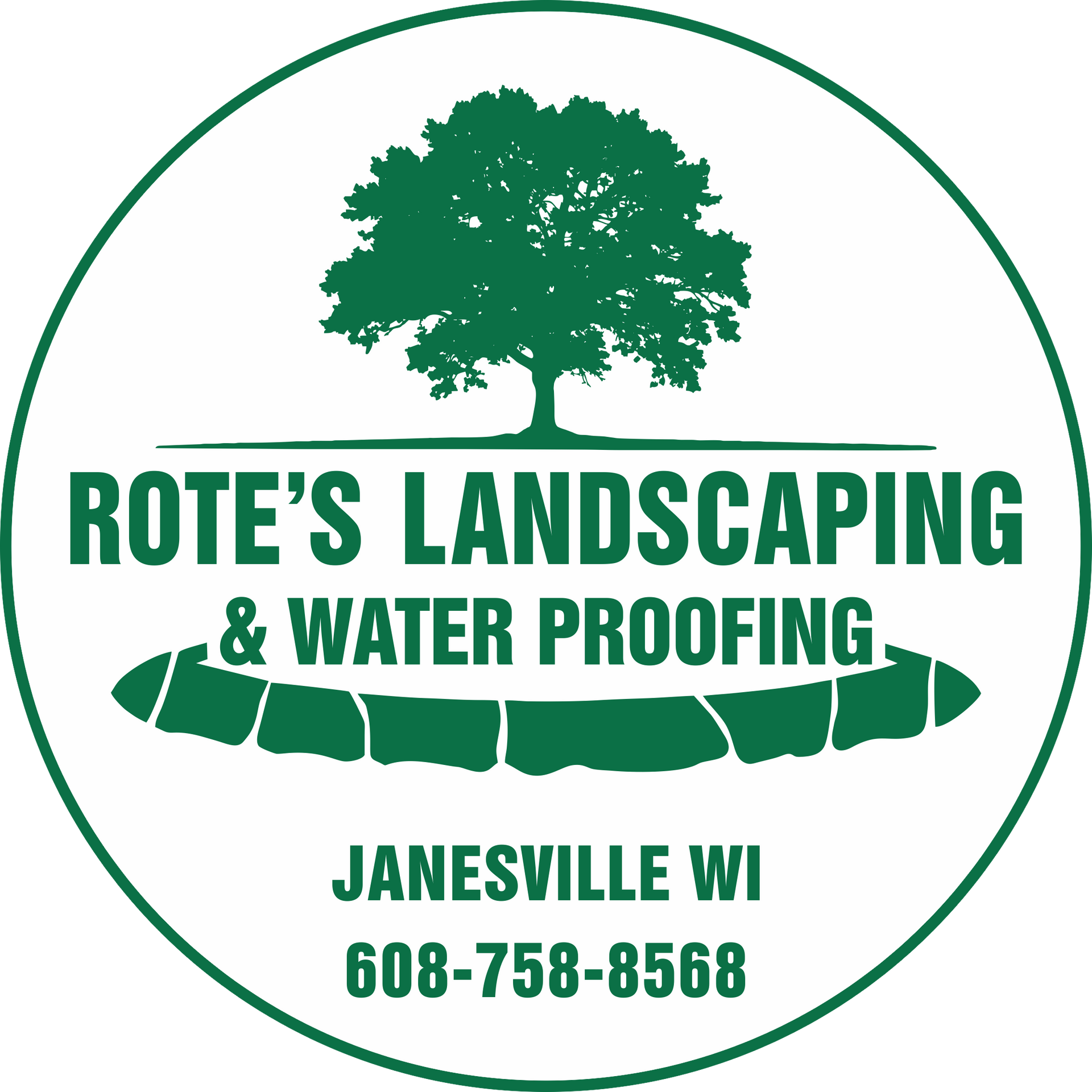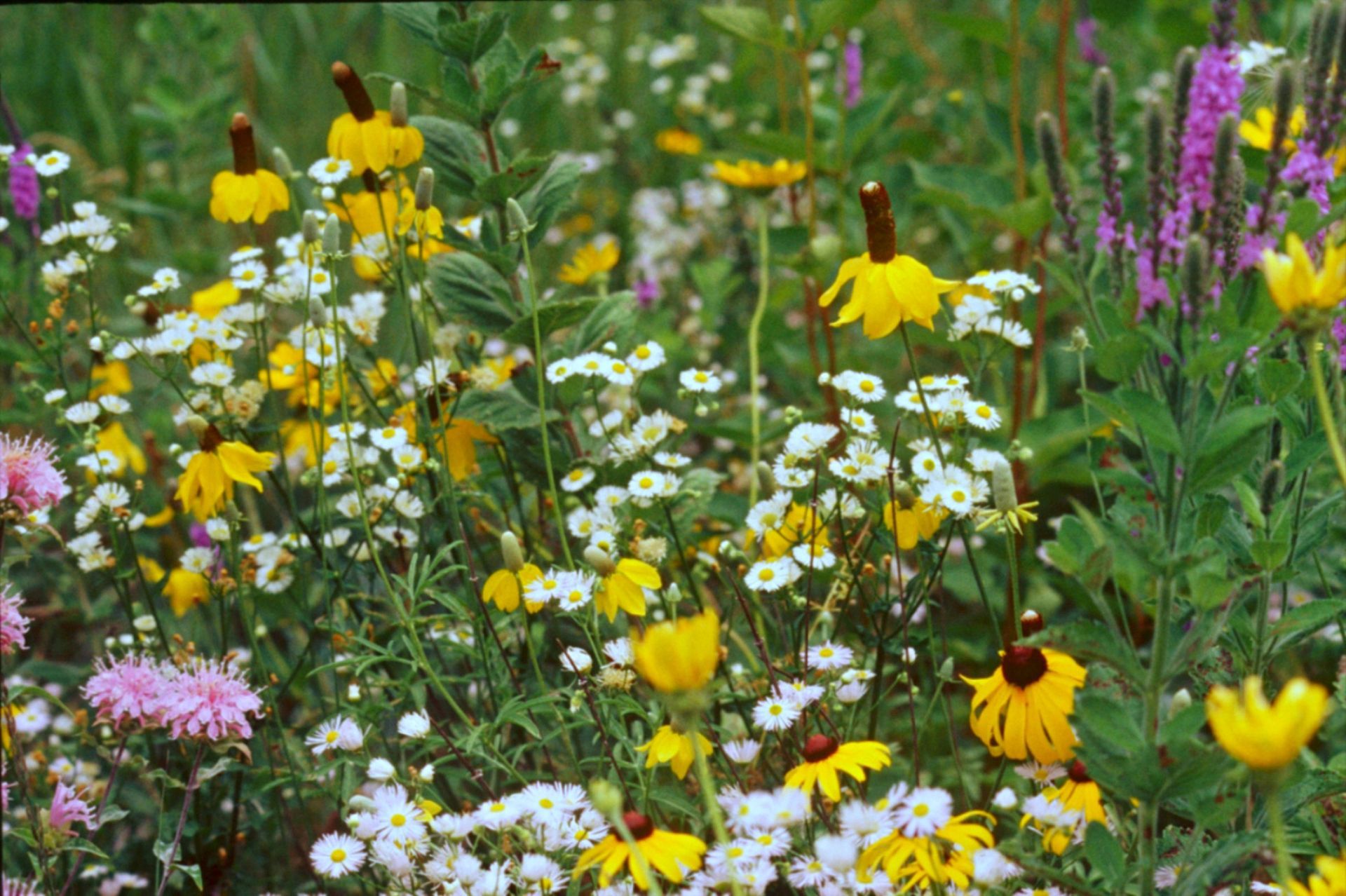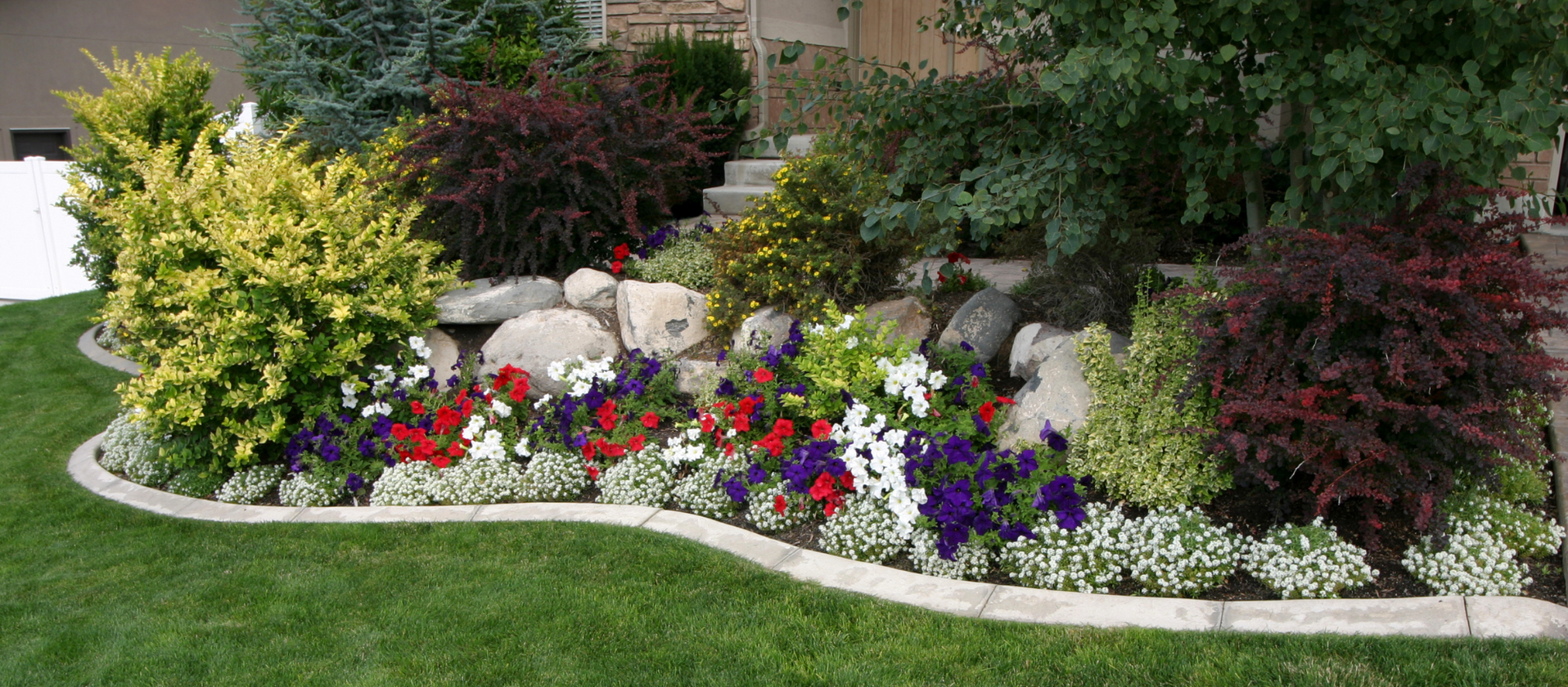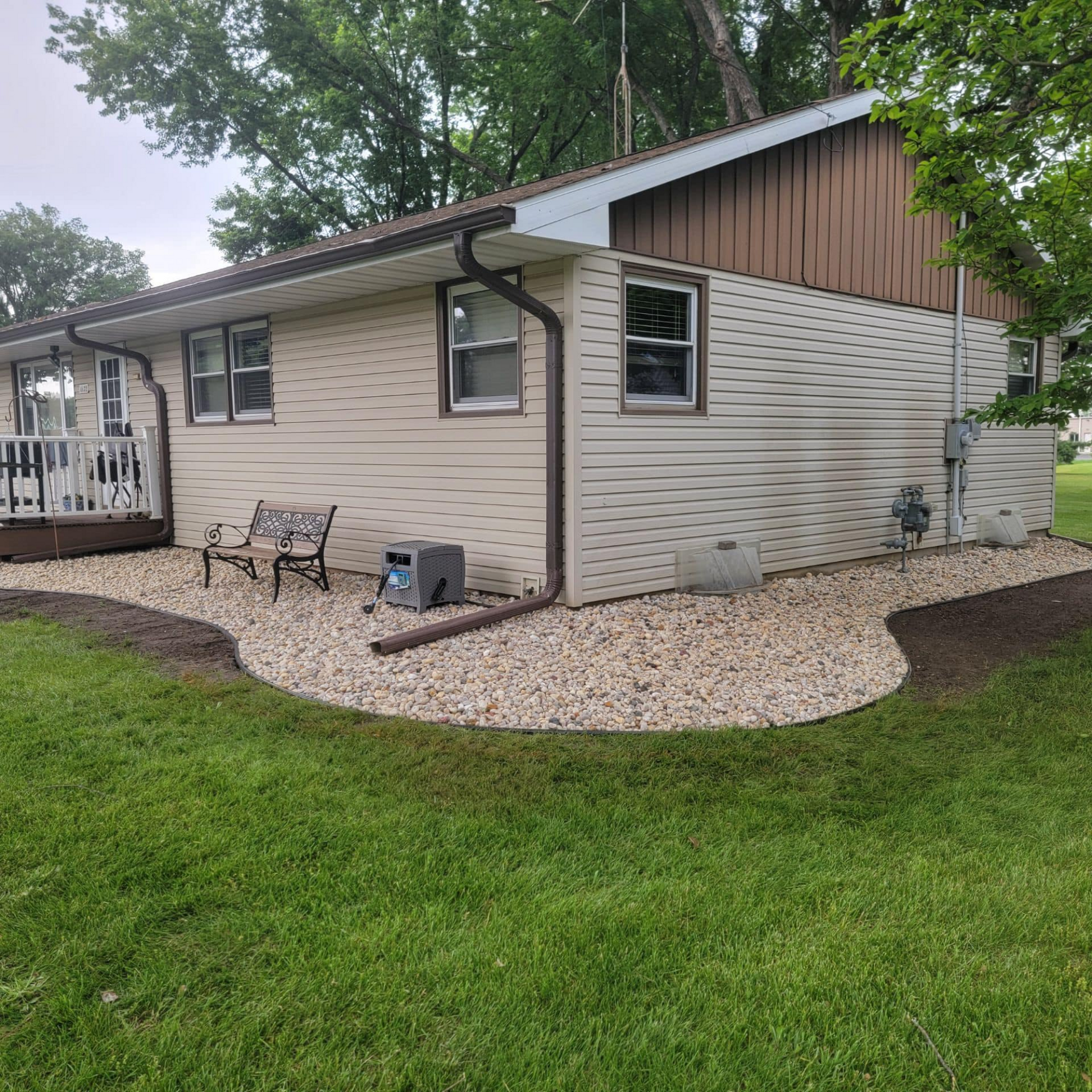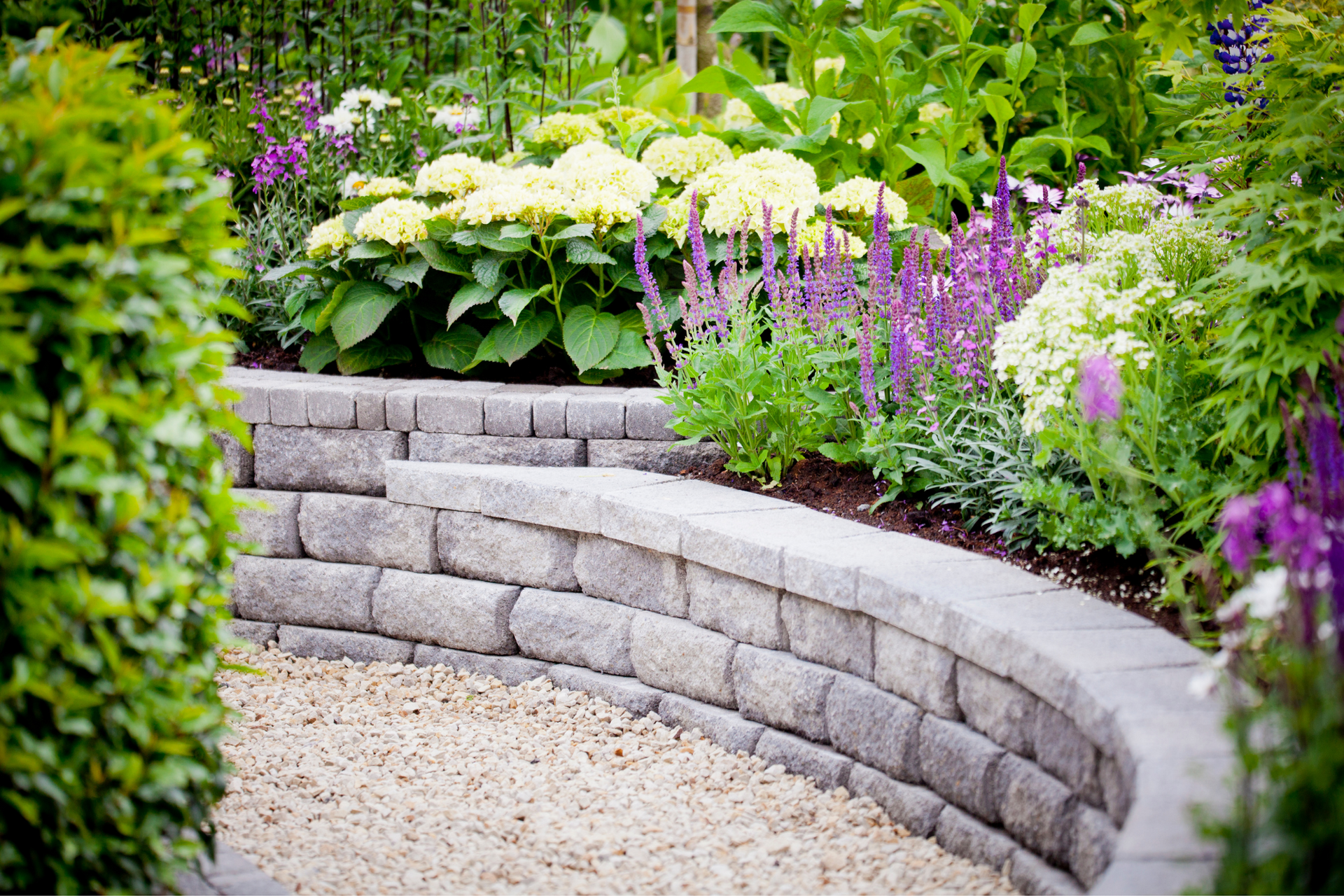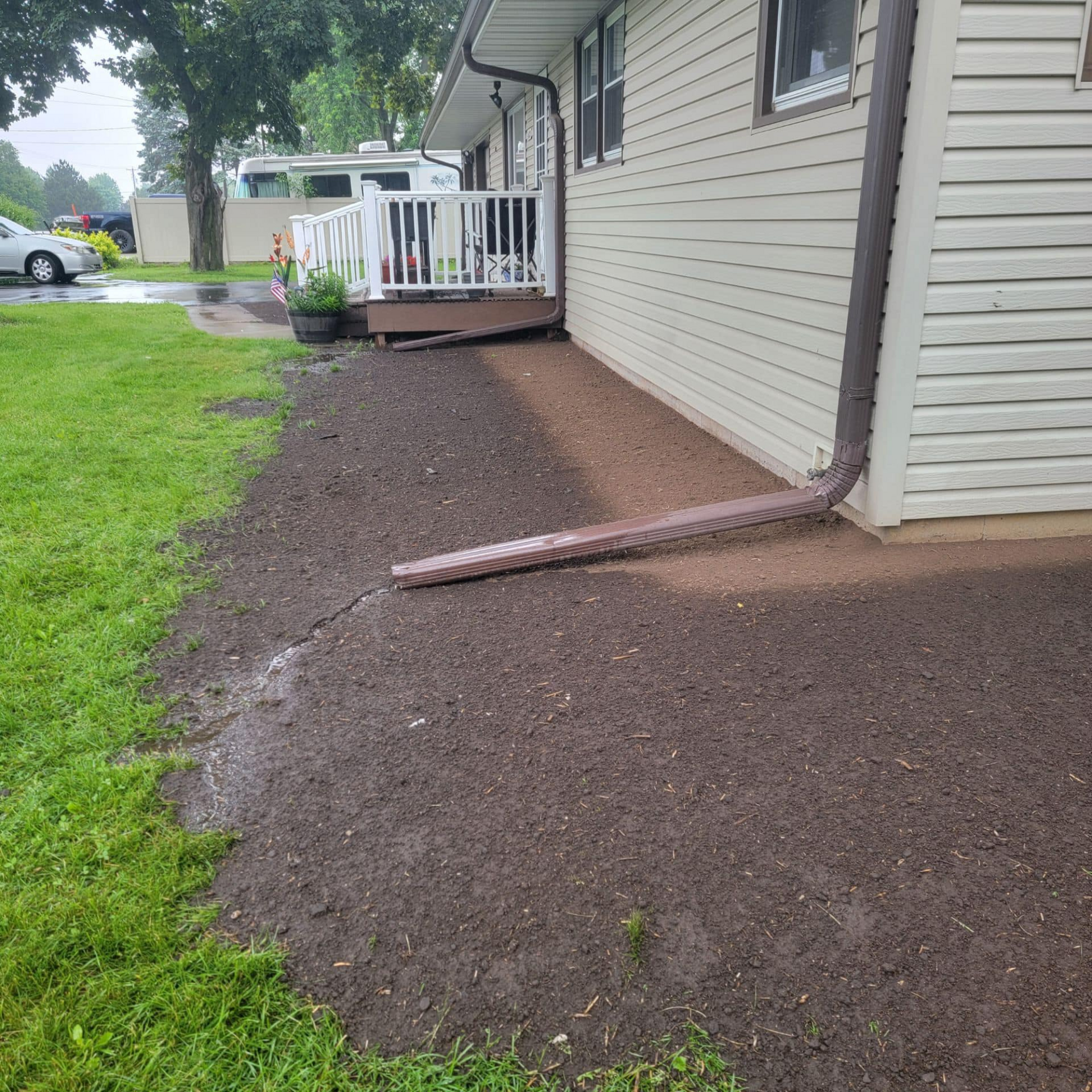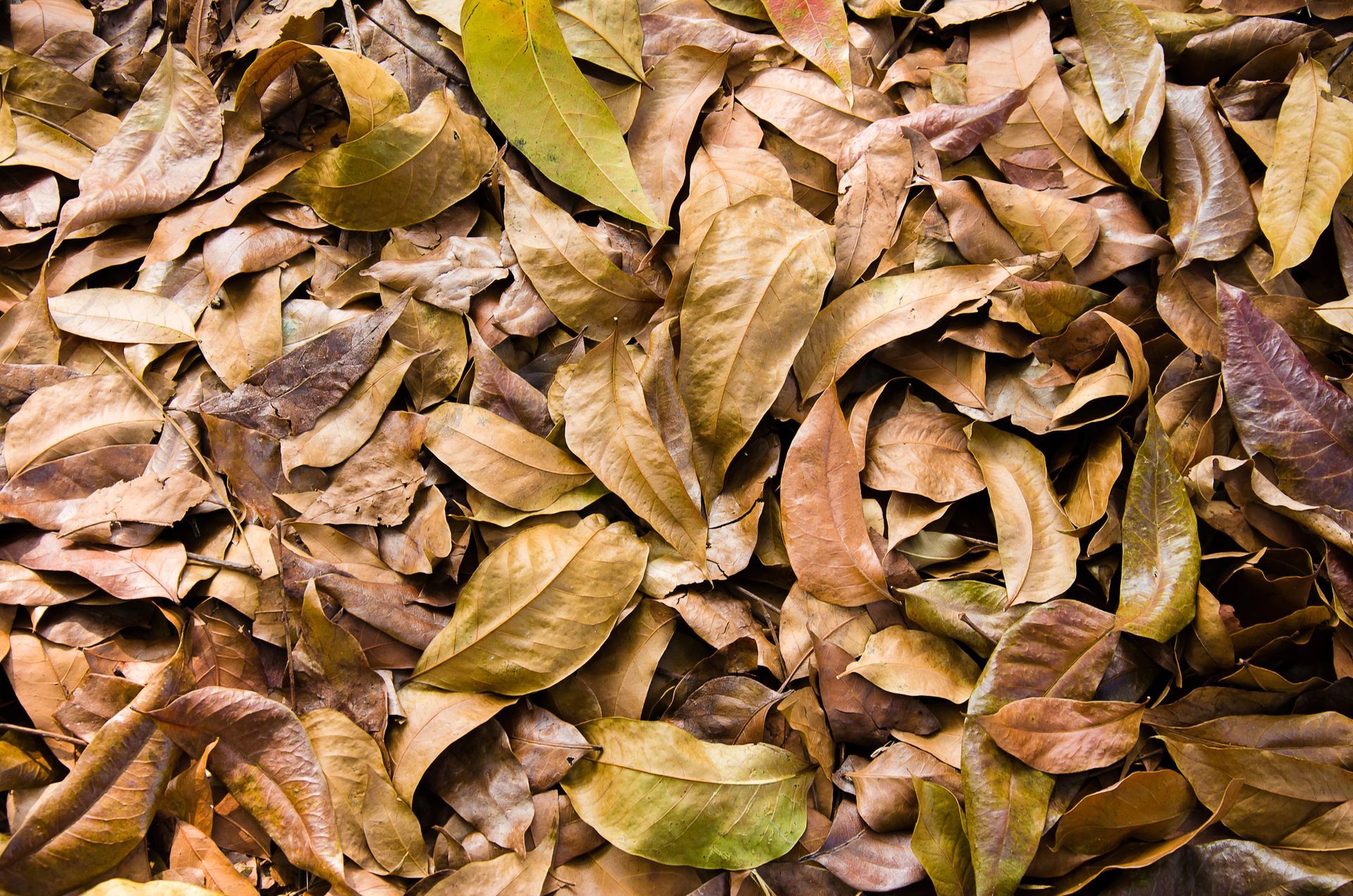Eco-Friendly Alternatives to Chemically Manufactured Weed Killers
Paul Rote • October 7, 2024
How to Keep Your Lawn and Garden Weed-Free Without Harming the Environment
Maintaining a healthy, weed-free yard is a priority for many homeowners. However, conventional weed killers often contain harsh chemicals that can be harmful to the environment, pets, and even your health. At Rote’s Landscaping and Waterproofing, we understand the importance of effective yet eco-friendly solutions for weed control. Fortunately, there are several natural alternatives to chemically manufactured weed killers that are safe and effective for your lawn and garden. In this blog post, we’ll explore some of the best eco-friendly options and how you can incorporate them into your landscaping routine.
Vinegar-Based Weed Control
One of the most popular and effective natural weed killers is vinegar. Household white vinegar, when applied directly to weeds, can dry them out and inhibit growth. For a stronger solution, you can use horticultural vinegar, which has a higher concentration of acetic acid.
How to Use:
Mix 1 gallon of white vinegar with 1 cup of salt and 1 tablespoon of dish soap.
Spray directly onto weeds during sunny days to maximize effectiveness.
Be cautious when applying, as vinegar can also harm nearby plants.
Benefits:
Safe for pets and the environment.
Breaks down quickly in the soil, leaving no harmful residue.
Boiling Water
Boiling water is a simple yet powerful method for killing weeds, particularly in driveways, sidewalks, and other hardscape areas. The heat destroys the plant cells, causing the weeds to wilt and die almost instantly.
How to Use:
Carefully pour boiling water directly over the weeds, making sure to avoid desirable plants.
This method is best for smaller, isolated weeds and areas where no other plants are at risk.
Benefits:
Completely chemical-free and cost-effective.
Immediate results without harming the soil.
Mulching and Ground Covers
Preventing weeds from growing in the first place is one of the best strategies for weed control. Using organic mulch, such as wood chips or straw, helps block sunlight and reduces weed seed germination. Ground cover plants, like creeping thyme or clover, can also suppress weeds by taking up space and resources that weeds would otherwise utilize.
How to Use:
Apply a 2-3 inch layer of mulch around your garden beds and trees.
Choose ground cover plants that suit your landscape and planting conditions.
Benefits:
Adds nutrients to the soil as the mulch decomposes.
Enhances the aesthetic appeal of your landscape.
Corn Gluten Meal
Corn gluten meal is a natural pre-emergent herbicide, meaning it prevents weed seeds from germinating. This method is particularly effective for annual weeds like crabgrass and dandelions.
How to Use:
Apply corn gluten meal evenly over your lawn or garden in early spring before weed seeds have a chance to sprout.
Water lightly to activate the herbicide properties.
Benefits:
Safe for humans and pets.
Also acts as a natural fertilizer, providing nitrogen to the soil.
Manual Weeding and Weeding Tools
Sometimes, the most straightforward approach is the best. Pulling weeds by hand or using weeding tools like a garden hoe or weed puller can be very effective, especially if done regularly. While this method can be labor-intensive, it ensures that the entire root system is removed, preventing regrowth.
How to Use:
Use weeding tools to loosen the soil around the weeds, making it easier to pull out the roots.
Consider weeding after rain or watering when the soil is softer.
Benefits:
Completely chemical-free and provides immediate results.
Gets to the root of the problem—literally!
Natural Herbicides and Essential Oils
There are several natural herbicides on the market made with ingredients like clove oil, lemon oil, and citric acid. These products work similarly to chemical herbicides by drying out the plant tissue, but they are non-toxic and safe for use around people and pets.
How to Use:
Follow product instructions carefully, applying on sunny days for best results.
Test on a small area first to ensure it doesn’t harm surrounding plants.
Benefits:
Targeted weed control with natural ingredients.
Safe for beneficial insects and other wildlife.
Solarization
Solarization uses the sun’s heat to kill weeds and seeds by covering an area with clear plastic. This method works well for larger areas that need to be cleared of weeds and is especially effective during the hottest months of the year.
How to Use:
Moisten the soil and cover it with a clear plastic sheet, securing the edges to keep heat and moisture in.
Leave the plastic in place for 4-6 weeks, then remove and plant as usual.
Benefits:
Kills a wide range of weeds and soil-borne pests.
Prepares the soil for planting without chemicals.
Choose the Right Solution for Your Landscape
Switching to natural weed control methods not only benefits the environment but also promotes healthier soil and plant life. At Rote’s Landscaping and Waterproofing, we specialize in creating beautiful landscapes using sustainable and eco-friendly practices. Whether you’re dealing with persistent weeds or looking to revamp your garden, our team can help you choose the right solution for your specific needs.
Ready to make the switch to natural weed control? Contact us today to learn more about our landscaping services and discover how we can help you create a healthy, vibrant landscape without the use of harmful chemicals!
